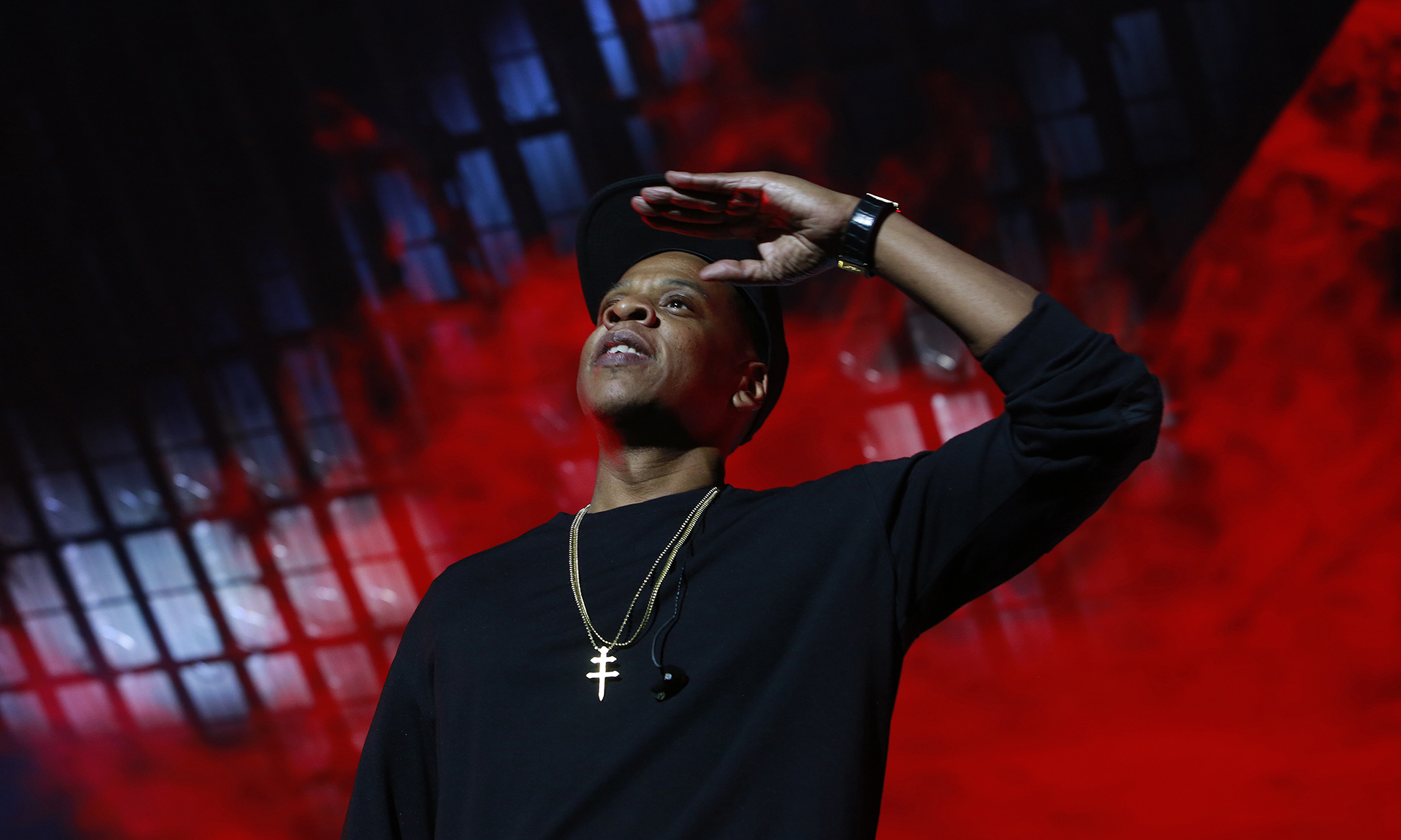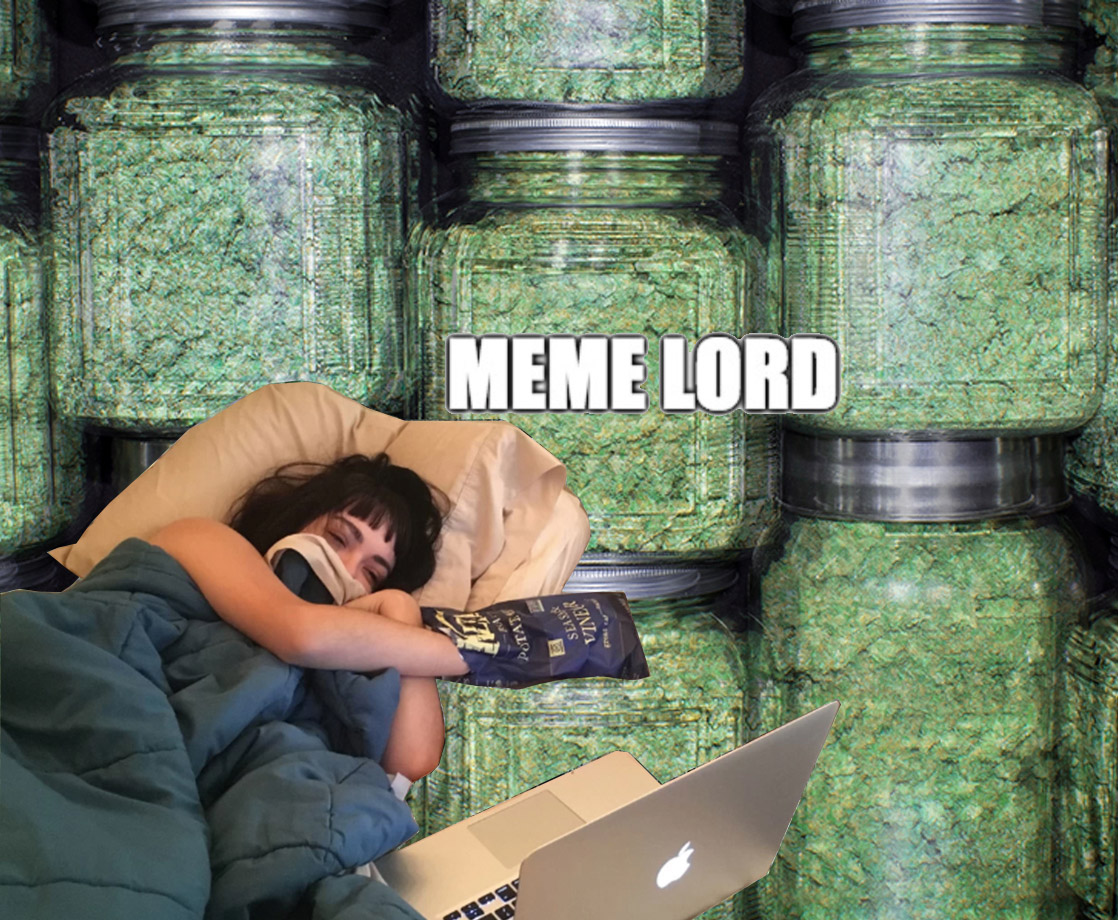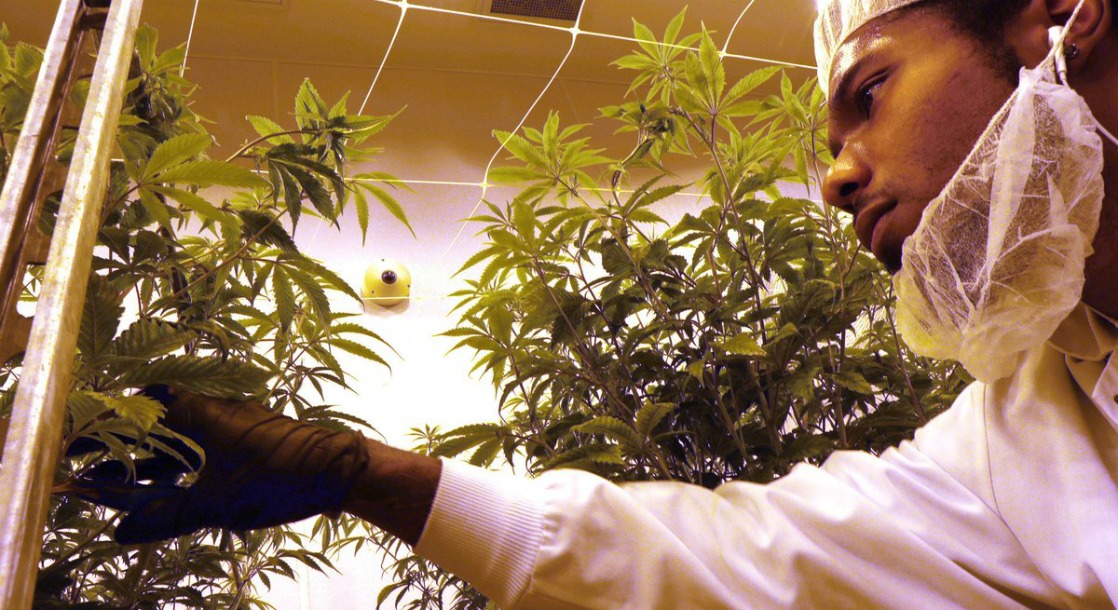Jay-Z, the multi-platinum, award-winning artist whose entertainment empire includes record labels, nightclubs, restaurants, clothing lines, an NBA team, music streaming services, and film projects, just added a new industry to his billion-dollar portfolio: weed.
As reported on Tuesday by High Times, Jay-Z recently partnered with Caliva as the company’s Chief Brand Strategist. Caliva, a California-based cannabis company, is one of the Golden State’s biggest weed brands.
At Caliva, Jay-Z will apply social justice to big business practices. Namely, he’s going to help the company bring in new employees most impacted by America’s failed War on Drugs — those previously incarcerated — onto Caliva’s staff. Most weed-legal states ban former felons from joining the industry, adding insult to a long list of injuries. The company also says Hov will help with “workforce development” and training fresh recruits.
“Anything I do, I want to do correctly and at the highest level,” Jay-Z said to High Times. “We want to create something amazing, have fun in the process, do good, and bring people along the way.”
Jay-Z’s been using his star-power to help vulnerable people for nearly two decades. In 2003, he and his mother founded The Shawn Carter Foundation, which helps struggling college students afford the rising costs of tuition. Other philanthropic projects include raising awareness for diminishing clean water rights and access, funding hurricane disaster relief, and combatting racism. The last one in particular, combatting racism, may make him the perfect media mogul for a socially woke cannabis company to team up with.
It’s no secret that the cannabis industry is primarily run by affluent, caucasian owners. Meanwhile, impoverished Americans of all ethnicities, especially people of color, are stewing in prison cells across this country for selling weed, the same kind of weed that the legal operators are making millions from as you read this. And for those fortunate enough to return to freedom before they die, finding a good job, safe housing, or decent loans can be damn near impossible with a criminal record.
State and city governments have tried to correct this glaring disparity through social equity and social justice programs, but so far those programs have made little headway. It may just require a juggernaut like Jigga to finally shift the industry from one that’s all about “Dead Presidents” to one that’s about correcting past mistakes, too.
Follow Randy Robinson on Twitter











